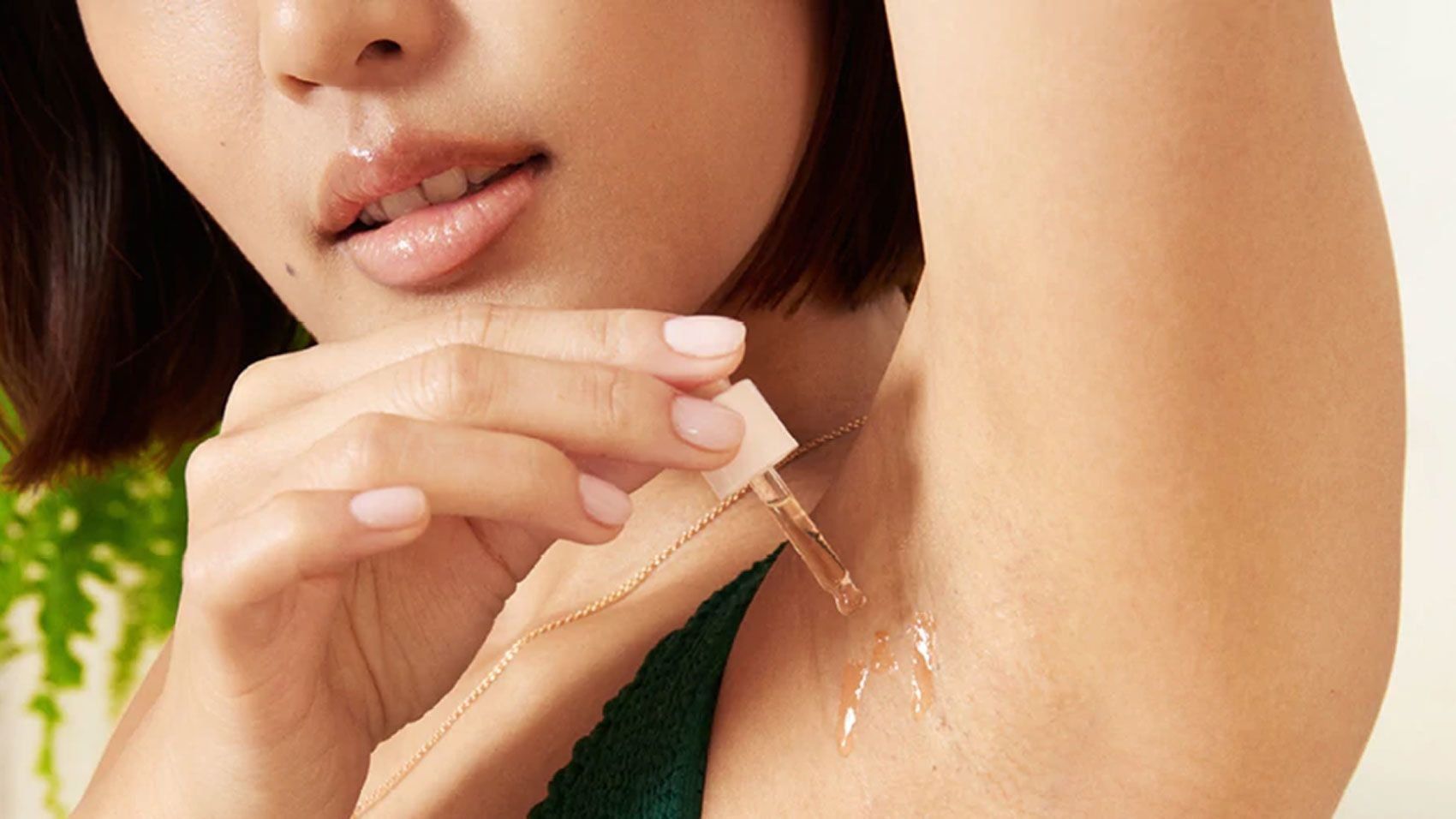Understanding the causes and prevention techniques can help you avoid ingrown hairs,
but if you do experience them, knowing how to treat them can help you find relief. In this article, we will discuss the causes and prevention of ingrown hairs, as well as different treatment options.
What Causes Ingrown Hair?
Ingrown hairs occur when hair curls back and grows into the skin, instead of growing out of it. This can be caused by a number of factors, including:
●Curly Hair - People with curly hair are more prone to ingrown hairs because their hair tends to curl back into the skin. This is especially true for people with tightly coiled hair, as the hair can easily get trapped beneath the surface of the skin.
●Shaving, Waxing, Or Plucking - Hair removal techniques like shaving, waxing, or plucking can cause ingrown hairs because they remove the hair from the root, causing it to grow back unevenly or at an angle. This can cause the hair to get trapped beneath the skin and become ingrown.
●Tight Clothing - Wearing tight clothing, especially in areas where you shave or wax, can cause ingrown hairs. This is because tight clothing can irritate the skin and cause hair to grow back into the skin.
●Buildup Of Dead Skin Cells - Dead skin cells can accumulate on the surface of the skin, clogging hair follicles and causing ingrown hairs.
●Hormonal Imbalance - Hormonal imbalances, such as those caused by conditions like polycystic ovary syndrome (PCOS), can cause excess hair growth and increase the likelihood of ingrown hairs.
How To Prevent Ingrown Hair
PreShaving Tips
Preparing your skin before shaving can help prevent ingrown hairs. This includes washing the area with warm water and mild soap, and using a pre-shave oil or cream to help soften the hair and skin.
Proper Shaving Techniques
Proper shaving techniques can also help prevent ingrown hairs. This includes using a sharp razor, shaving in the direction of hair growth, and avoiding going over the same area multiple times.
PostShaving Tips
After shaving, it's important to care for your skin to prevent ingrown hairs. This includes using a soothing lotion or cream to moisturize the skin, avoiding tight clothing, and not scratching or picking at the skin.
Avoid Tight Clothing
Tight clothing can irritate the skin and increase the likelihood of ingrown hairs. Avoid wearing tight clothing, especially in areas where you shave or wax.
Exfoliate Regularly
Exfoliating the skin can help remove dead skin cells and prevent ingrown hairs. Use a gentle scrub or exfoliating glove to help keep the skin smooth.
Consider Hair Removal Alternatives
If you're prone to ingrown hairs, consider alternative hair removal methods like laser hair removal, which can permanently reduce hair growth and the likelihood of ingrown hairs.
How To Treat Ingrown Hair
You can treat ingrown hair by usingproducts that treat ingrown hair or using various methods such as:
Warm Compress
Applying a warm compress to the affected area can help reduce inflammation and help the hair grow out of the skin. Simply soak a washcloth in warm water and apply it to the affected area for a few minutes at a time.
Topical Creams
There are a variety of topical creams that can help treat ingrown hairs, including those containing salicylic acid, glycolic acid, or alpha hydroxy acids. These ingredients can help exfoliate the skin and promote hair growth.
Steroid Creams
Steroid creams can help reduce inflammation and redness caused by ingrown hairs. These creams are available over-the-counter or by prescription, depending on the severity of your ingrown hairs.
Laser Hair Removal
Laser hair removal can be an effective treatment for ingrown hairs, as it permanently reduces hair growth. This can help prevent future ingrown hairs from occurring.
Chemical Peels
Chemical peels can help exfoliate the skin and promote hair growth. They can also reduce the appearance of scarring caused by ingrown hairs.
Extraction by Professionals
In some cases, ingrown hairs may need to be extracted by a professional. This is especially true if the ingrown hair is deeply embedded in the skin and causing significant pain or discomfort.
Home Remedies For Ingrown Hair
Tea Tree Oil
Tea tree oil has anti-inflammatory and antimicrobial properties, which can help reduce inflammation and prevent infection. Apply a few drops of tea tree oil to the affected area and gently massage it into the skin.
Aloe Vera
Aloe vera has soothing and anti-inflammatory properties, which can help reduce inflammation and redness caused by ingrown hairs. Apply aloe vera gel to the affected area and leave it on for 10-15 minutes before rinsing off.
Honey
Honey has antimicrobial properties, which can help prevent infection caused by ingrown hairs. Apply honey to the affected area and leave it on for 10-15 minutes before rinsing off.
Baking Soda
Baking soda has exfoliating properties, which can help remove dead skin cells and promote hair growth. Mix baking soda with water to create a paste, and apply it to the affected area. Leave it on for a few minutes before rinsing it off.
Aspirin
Aspirin contains salicylic acid, which can help exfoliate the skin and promote hair growth. Crush an aspirin tablet and mix it with water to create a paste. Apply the paste to the affected area and leave it on for a few minutes before rinsing off.
In conclusion, ingrown hairs can be a frustrating and painful experience, but understanding the causes and prevention techniques can help you avoid them. If you do experience ingrown hairs, there are a variety of treatment options available. If your ingrown hair becomes infected, or if it causes significant pain or discomfort, seek medical attention immediately. Your doctor can help determine the underlying cause of your ingrown hairs and recommend appropriateingrown hair treatment.































